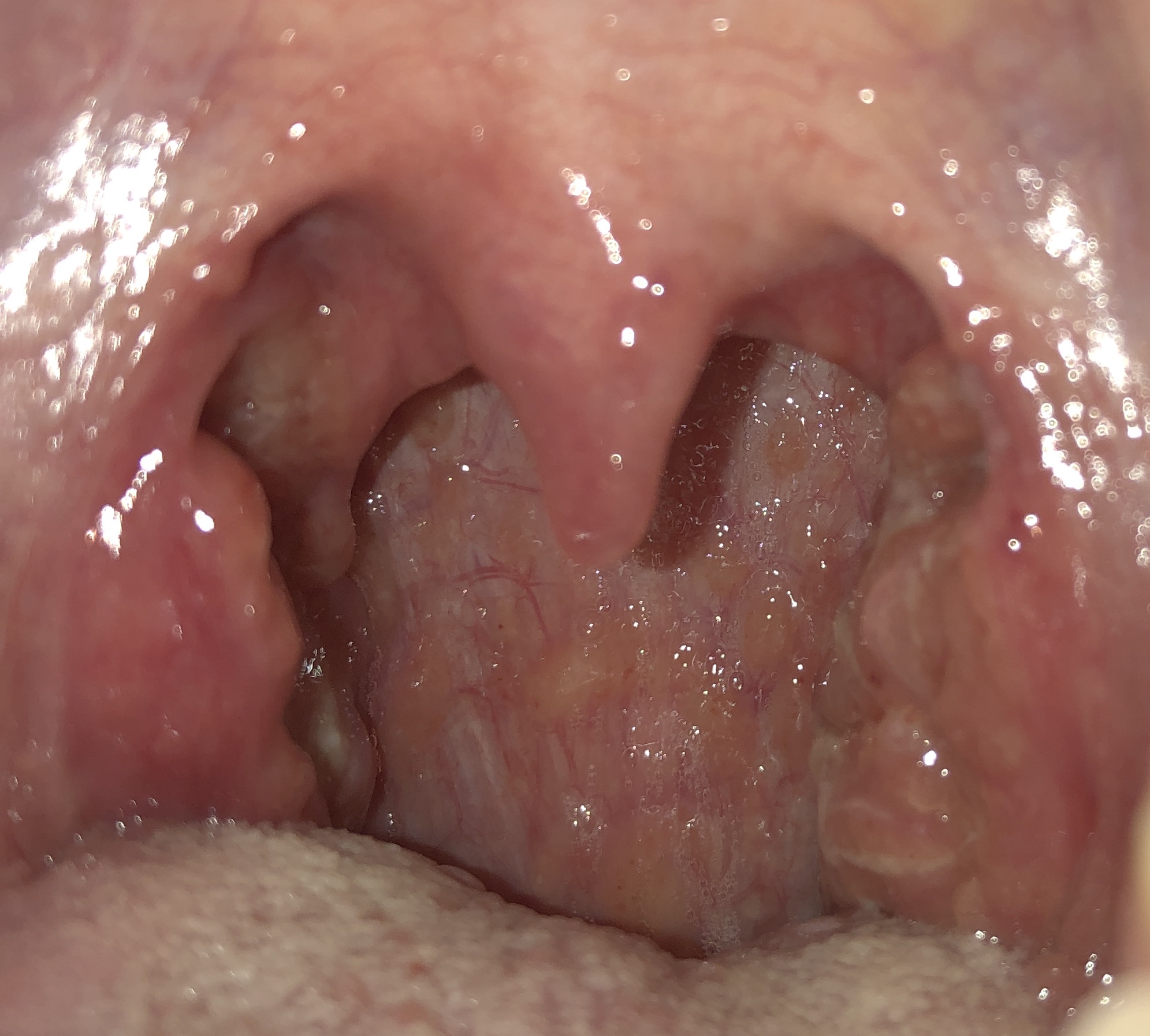

This includes avoiding the use of an infected person’s cup or waterīottle, or avoiding eating his or her food. Prevention The best way to prevent a mono infection is to avoid contact with the oral secretions of a patient who is infected. Mono is a viral infection, not a bacterial infection, so antibiotics are not effective treatments for the infection.

Treatment for the acute symptoms include rest, medicationsĪnd interventions for inflammation and/or pain control (acetaminophen, ibuprofen, throat lozenges or sprays, and salt water gargles, for example), and adequate hydration. Interestingly, some EBV infections are relatively minor with minimal symptoms, and the athlete may never know he or she was ever infected. The symptoms of mono can last for weeks to months. Ultrasound has been used to evaluate for spleen enlargement, but it is not necessary for the management of mono infections. The physician may perform lab testing to evaluate for infection, and to look specifically for mononucleosis and liver inflammation. (“jaundice”) and the whites of the eyes (“scleral icterus”).
#MONO TONSILS SKIN#
Liver inflammation can also cause itching, and yellowing of the skin Occasionally, the patient can have liver inflammation as well, and this can cause tenderness when pressing on the upper right portion of the abdomen. The spleen is an organ in the upper left portion of the abdomen, and it is commonly swollen during a mono infection. The physician will also perform an exam of the abdomen to evaluate for an enlarged spleen. A sports medicine physician will perform a thorough history and physical exam, looking for fever, swollen tonsils, swollen lymph nodes, and a rash. Sports Medicine Evaluation and Treatment Athletes with the symptoms described above should seek further evaluation by a physician. The virus is transmitted by oral secretions, leading to its common name “the kissing disease,” but sneezing and sharing cups or food may lead to transmission as well. Most adults are infected with EBV in their lifetimes, typically during adolescence or young adulthood. What is it? Mononucleosis, or “mono,” is a viral infection caused by the Epstein Barr virus (EBV).


 0 kommentar(er)
0 kommentar(er)
